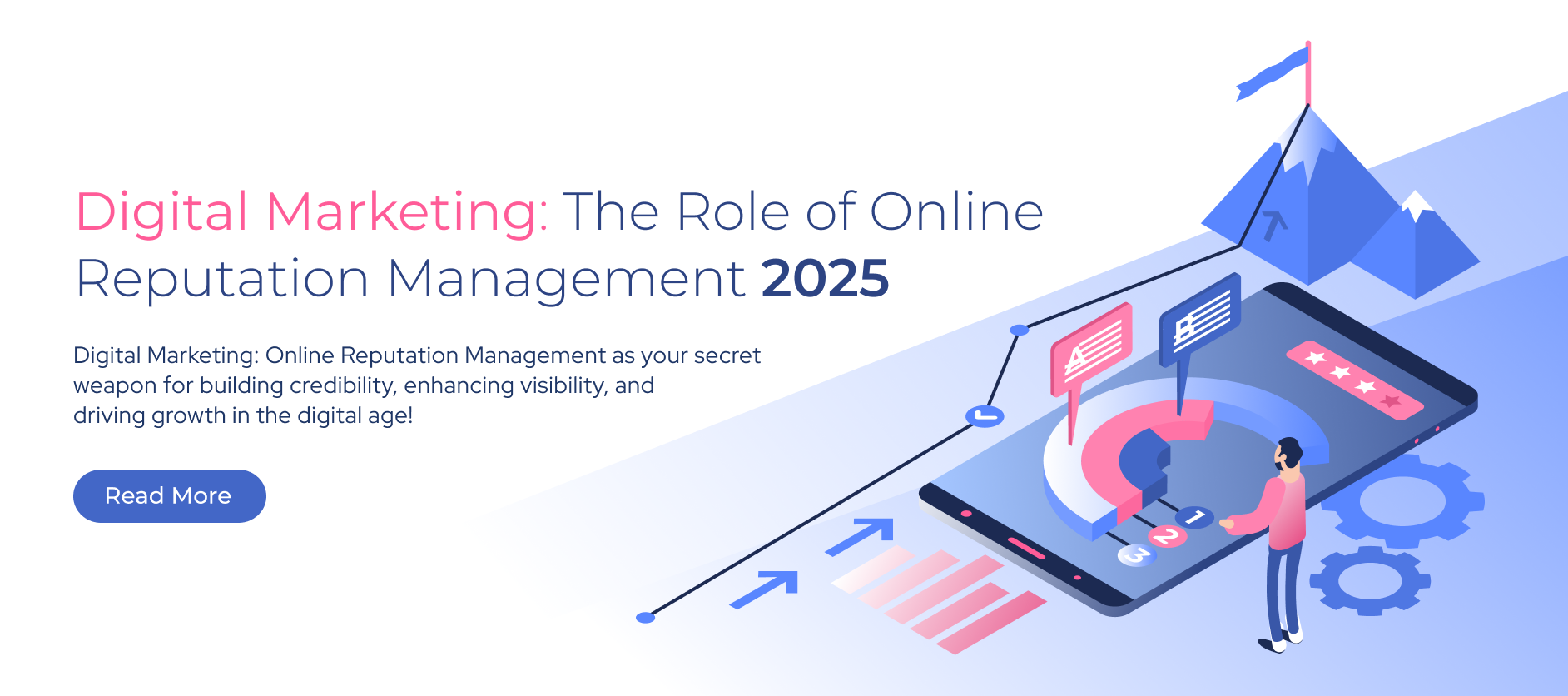Digital marketing has become an essential strategy for businesses looking to thrive in the increasingly competitive Online Reputation Management in 2025 Among its many components, Online Reputation Management (ORM) stands out as a critical factor that influences customer trust, brand image, and overall success. ORM involves monitoring, managing, and influencing the public perception of a brand or individual in the digital space.
In today’s interconnected world, where a single negative review can spread like wildfire, managing your online reputation is not just a necessity—it’s a cornerstone of effective digital marketing. Companies like Arthtech Supports, recognized as one of the best SEO service providers in India, offer tailored ORM solutions to help businesses maintain a positive online presence.
What is Online Reputation Management in 2025?
Online Reputation Management refers to the practice of shaping how a brand or individual is perceived online. This involves responding to reviews, addressing customer complaints, and promoting positive narratives that enhance credibility. It’s not merely about damage control but also about proactive measures to establish trust and authenticity.
Why is ORM Essential in 2025? With the exponential growth of digital footprints, customers now rely heavily on online reviews, ratings, and social media interactions to make purchasing decisions. According to recent studies, 85% of consumers trust online reviews as much as personal recommendations. This means that neglecting ORM can significantly impact a business’s bottom line.
Examples of ORM in Action Consider a small e-commerce business that experienced a dip in sales due to a spate of negative reviews. By employing ORM strategies such as addressing customer concerns publicly and promoting positive customer stories, the business not only regained its reputation but also improved customer loyalty. This highlights the transformative power of ORM.
The Impact of ORM on Digital Marketing
Enhanced Trust and Credibility A strong online reputation fosters trust among consumers. When potential customers see positive reviews and prompt responses to feedback, they are more likely to trust the brand. Trust is the foundation of customer loyalty, which directly impacts repeat purchases and long-term business growth.
Improved SEO Rankings Search engines like Google prioritize websites with high ratings and frequent positive mentions. ORM efforts, such as encouraging satisfied customers to leave reviews, can improve search engine rankings. This creates a positive feedback loop where higher rankings attract more customers, leading to further positive interactions.
Boosted Customer Engagement ORM ensures that businesses remain engaged with their audience. For instance, promptly addressing complaints on social media or thanking customers for positive feedback demonstrates care and professionalism. This kind of engagement not only builds a loyal customer base but also attracts new customers through word-of-mouth and social proof.
Key Strategies for Effective Online Reputation Management in 2025
Proactive Monitoring Tools In 2025, AI-driven tools like Brand24, Mention, and Google Alerts are indispensable for ORM. These tools provide real-time insights into brand mentions, enabling businesses to address issues promptly. The role of AI in ORM cannot be overstated, as it offers predictive analytics to identify potential reputation risks before they escalate.
Content Creation and SEO Optimization Positive content creation is a cornerstone of ORM. By publishing blogs, case studies, and customer testimonials, businesses can suppress negative mentions on search engine results pages (SERPs). Arthtech Supports, a leading SEO optimization company in India, specializes in crafting SEO-driven content strategies that align with ORM goals.
Engaging with Reviews and Feedback Responding to reviews—whether positive or negative—is critical. Acknowledging complaints and offering solutions publicly demonstrates accountability. On the other hand, thanking customers for their positive feedback reinforces goodwill. Effective crisis management strategies include crafting empathetic and timely responses to mitigate potential backlash.

